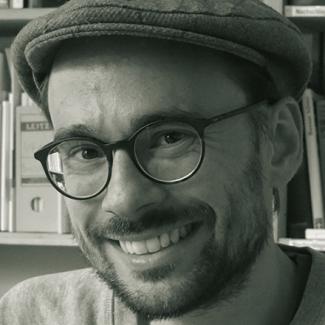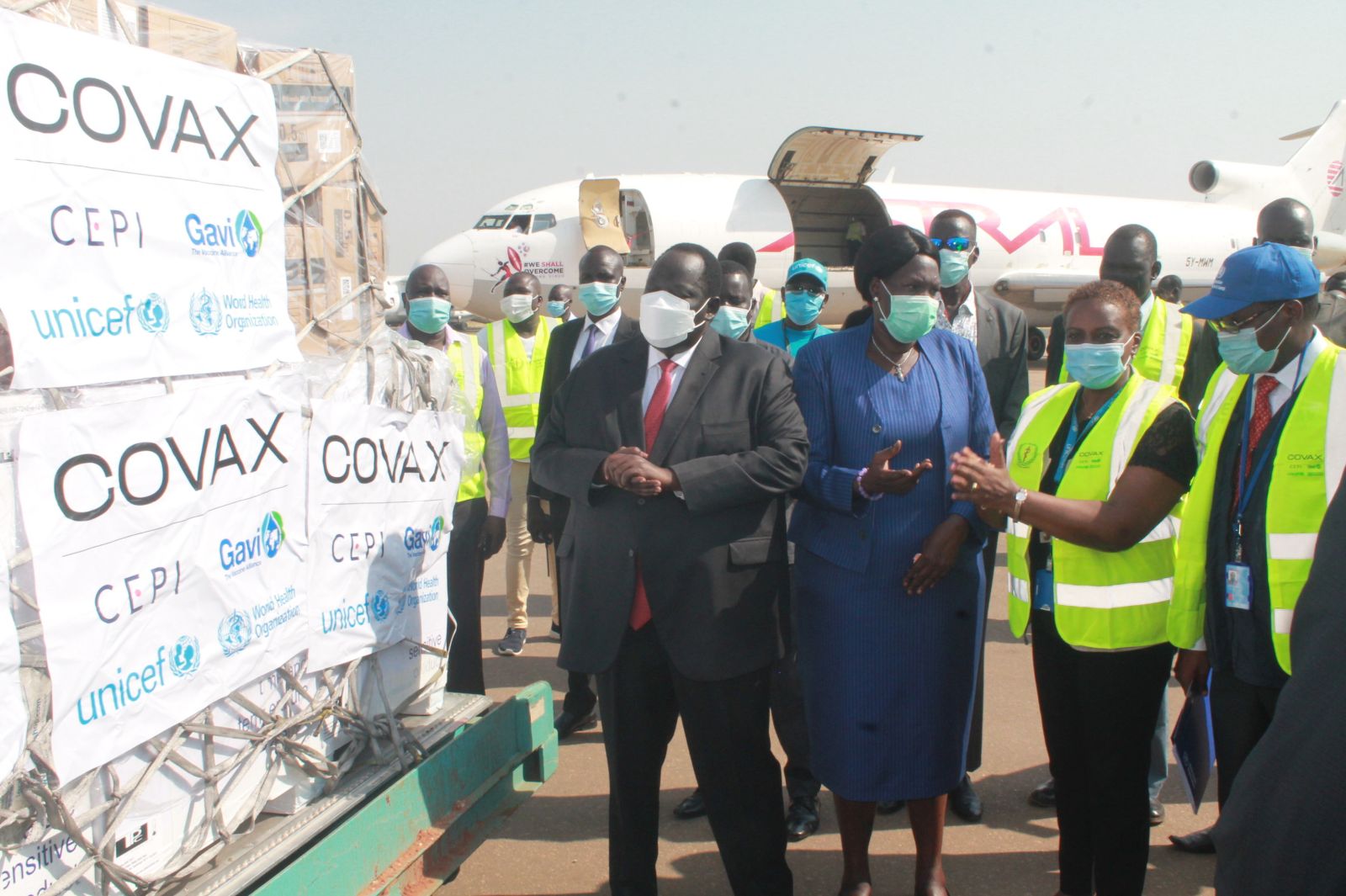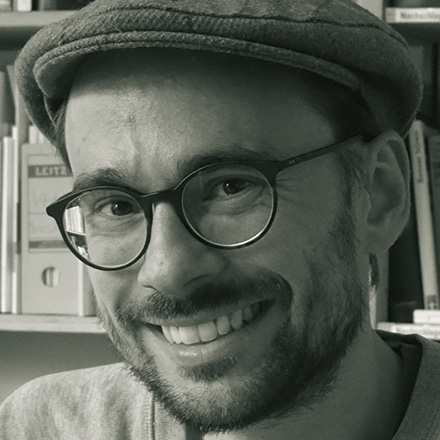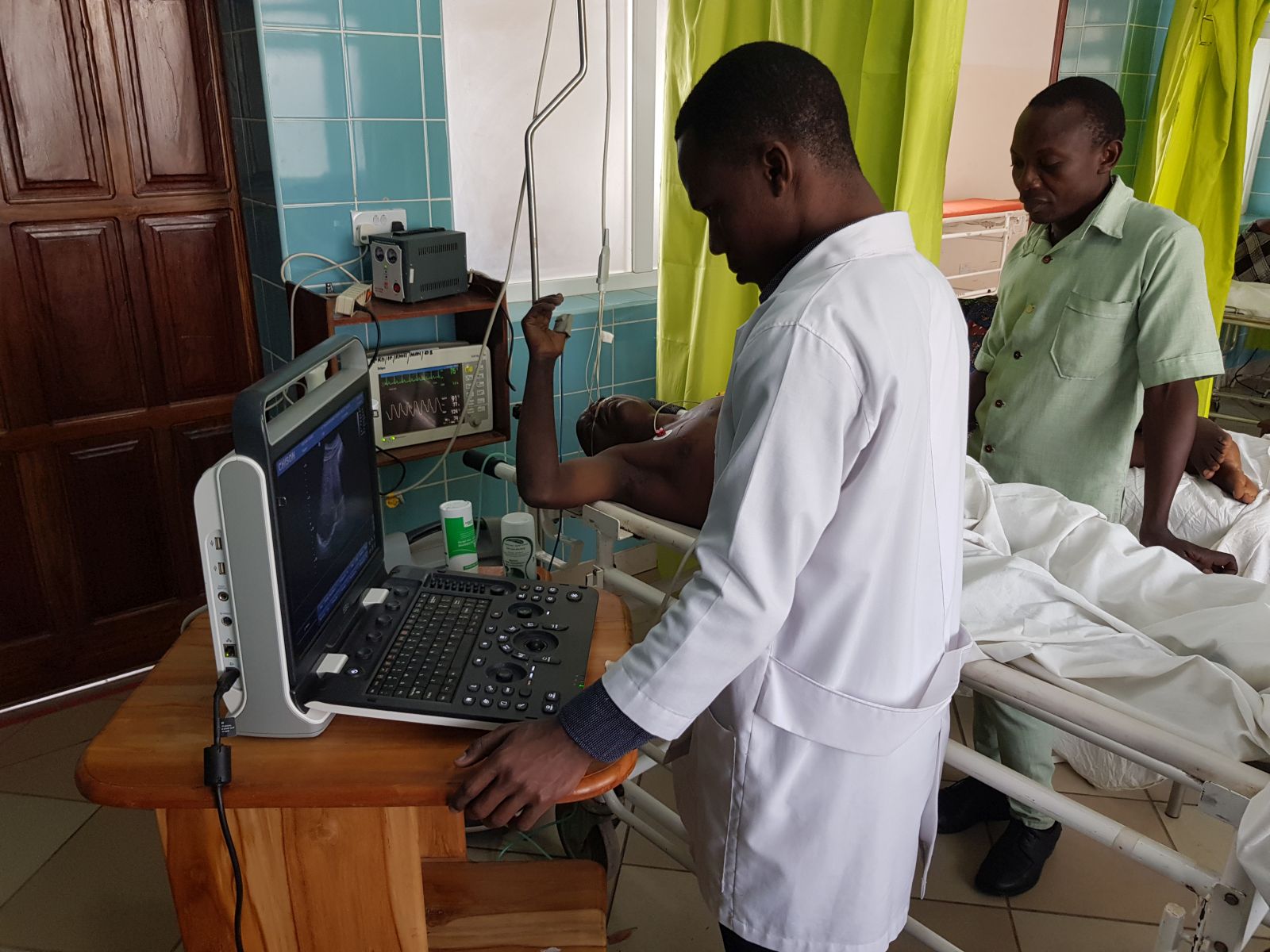Cancer
Unaffordable treatment
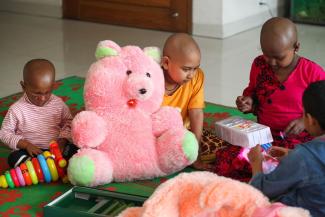
According to the World Health Organization (WHO), for example, medication for a woman with breast cancer costs $ 18,500 a year in India and $ 33,900 in South Africa. In both countries, that amounts to about ten times the average annual income. Though prices are higher in the USA, treatment there only costs 1.7 times more than the average annual income.
In a project entitled “Unbezahlbar krank?” (unaffordably ill?), the non-governmental German BUKO Pharma-Kampagne has analysed access to various active substances used in cancer care in the global south, where cancer case numbers are rising rapidly and mortality rates are high. Things are much better in the global north. In high-income countries, over 80 % of children with cancer survive for more than five years; in poorer countries their share is below 30 %.
Examples from Africa show the implications. In Ethiopia, the most widespread form of cancer is breast cancer. It is a death sentence for most of the affected women: about two-thirds die. In Germany, by contrast, two-thirds survive. Even long-established drugs such as Tamoxifen are beyond the financial reach of many Ethiopian patients.
In Tanzania, cancer treatment is free of charge in theory. In practice, patients often face high costs, including for pharmaceuticals. Hospitals regularly lack essential drugs. In those cases, a patient’s only option is to buy the medication privately. However, about half of Tanzania’s people live below the international poverty line of $ 1.90 a day. Sometimes, a cancer drug is even more expensive in poor African countries than in Germany.
Civil-society organisations have begun to fight back in many countries. In South Africa, for example, the activists of the Cancer Alliance are pushing for better access to expensive cancer drugs under the campaign banner “Fix the patent laws”.
Drug suppliers from the global north, such as Roche and Bayer, try to justify high prices by pointing out their high development costs. Their actual expenditure is non-transparent, however, and production costs are generally quite low. One thing is certain: global sales of their drugs amount to billions. The pharmaceutical industry is – and long has been – one of the most lucrative industries worldwide.
Link
BUKO Pharma-Kampagne, 2021: Unbezahlbar krank (only available in German).
www.bukopharma.de/de/krebs
